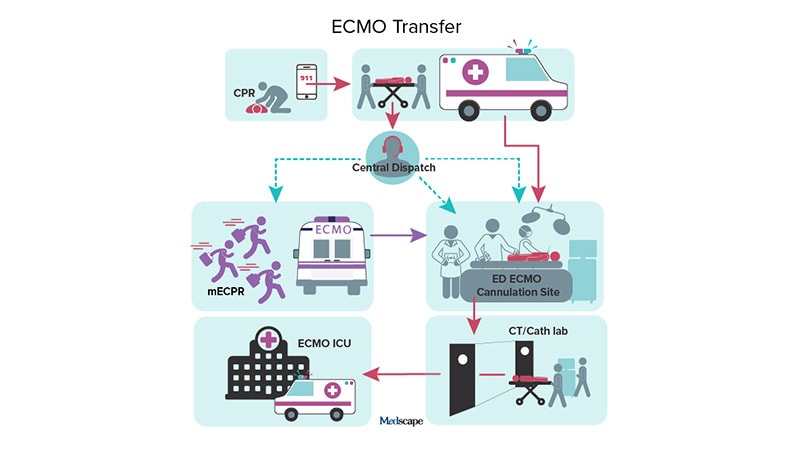People with certain types of cancer may have an increased risk of developing Guillain-Barré syndrome (GBS), according to a Danish population-based study.
Over a 30-year period, 2% of individuals with GBS also had a recent cancer diagnosis, as compared to 0.6% of those in a matched control group (odds ratio [OR] 3.6, 95% CI 2.6-5.1), reported Lotte Sahin Levison, MD, PhD, of Aarhus University Hospital in Denmark, and colleagues, writing in Neurology.
The association was driven in large part by those with:
- Hematologic malignancies (OR 7.2, 95% CI 2.9-18.0)
- Respiratory tract cancers (OR 5.6 95% CI 2.7-11.9)
- Prostate and other male genital organ cancers (OR 5.0 95% CI 2.1-11.6)
- Breast cancer (OR 5.0, 95% CI 1.7-14.5)
“While our study suggests that people with cancer have a greater risk of developing Guillain-Barré syndrome, it is important that people with cancer know the overall risk of developing Guillain-Barré is still very small,” said Levison in a press release.
GBS is an acquired demyelinating polyneuropathy that often begins in the lower extremities and ascends over time with loss of reflexes, causing muscle weakness, or in the most severe cases, paralysis. Some cases start a few days or weeks after a respiratory or gastrointestinal viral infection. Often, GBS is reversible.
Levison and colleagues noted that while the majority of cases develop after an infection, many do not, indicating that other important risk factors play a triggering role.
“The exact pathophysiological mechanisms of GBS development remain unclear, but it is conceivable that a tumor might lead to the development of GBS by yet unknown disturbances of the immune system, associated with several different types of cancer,” they wrote.
For their study, Levison and her colleagues used data from Danish national registries, identifying 2,414 people diagnosed with GBS from 1987 to 2016. Each GBS case was matched with 10 individuals for age and sex (for a total of 23,909 controls).
The researchers then identified those who had a recent cancer diagnosis (up to 6 months before or 2 months after the GBS diagnosis), which included 49 people in the GBS group and 138 among the controls over a similar exposure period.
Patients with GBS were more likely than controls to have preexisting comorbidities within 10 years (17.6% vs 15.1%, respectively) and a preceding infection within 5 months (34.4% vs 17.0%), while recent major surgery within 3 months was equally distributed (3.3% vs 3.4%). But adjusting for comorbidities, infections, and surgery only slightly attenuated the risk of GBS development (OR 2.5, 95% CI 1.6-4.1).
The authors noted that a limitation of the study is the possibility that individuals with GBS may have been more closely screened for cancer, “which could introduce a falsely strong association.”
However, they pointed out that broadening the exposure window (1 year before to 3 months after the GBS index date) or narrowing it (6 months to 1 month before the GBS index date) resulted only in “slightly weakened” associations (OR 2.4, 95% CI 1.8-3.3, and OR 2.5, 95% CI 1.5-4.1, respectively).
![author['full_name']](data:image/png;base64,R0lGODlhAQABAAD/ACwAAAAAAQABAAACADs=)
Mike Bassett is a staff writer focusing on oncology and hematology. He is based in Massachusetts.
Disclosures
The study was funded by the Bevica Foundation, the Teacher Svend Aage Nielsen Wacherhausens Foundation, the Aase and Ejnar Danielsen Foundation, and the A.P. Møller Foundation.
The authors had no disclosures.
Note: This article have been indexed to our site. We do not claim legitimacy, ownership or copyright of any of the content above. To see the article at original source Click Here



![author['full_name']](https://indexofnews.com/wp-content/uploads/sites/2/2022/03/localimages/MikeBassett_188.jpg6236c4c80095c.jpg)










